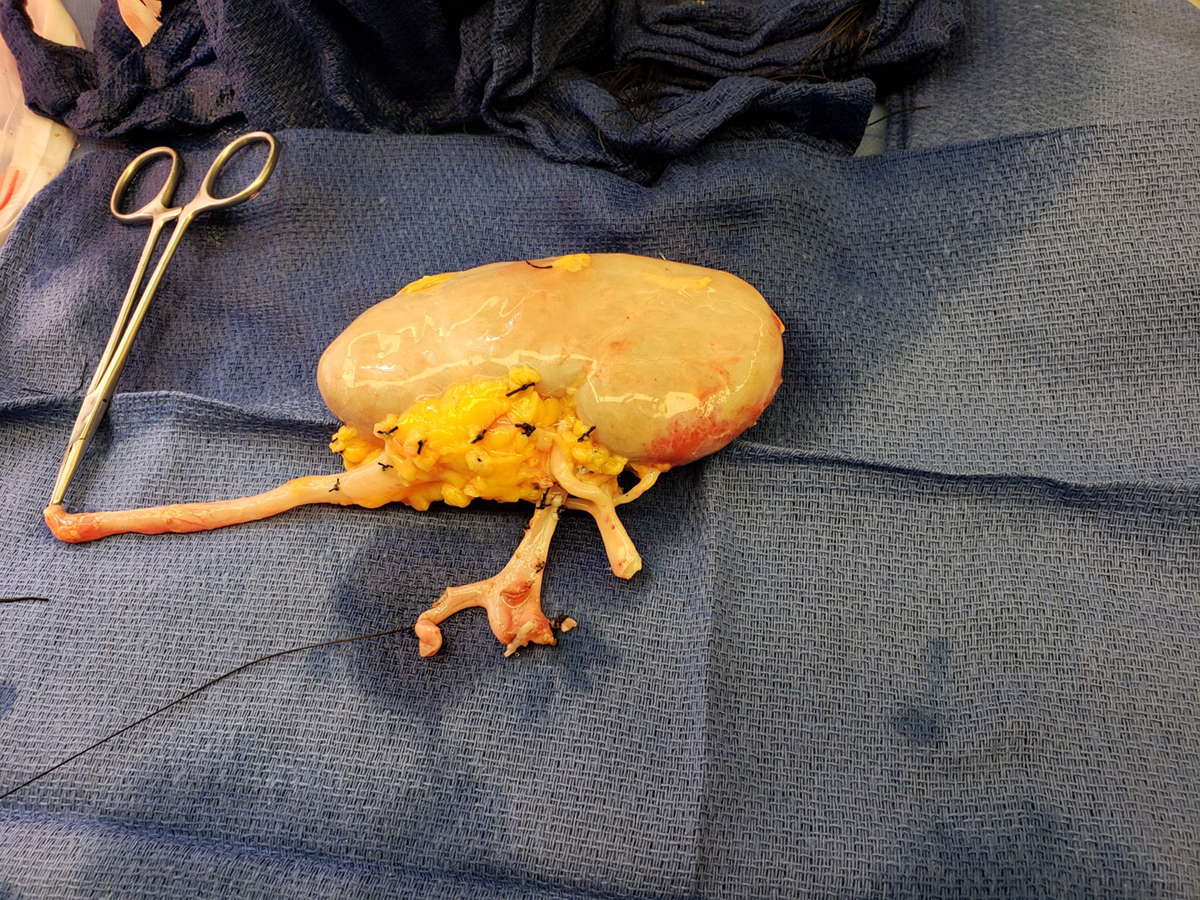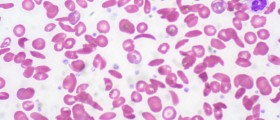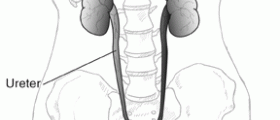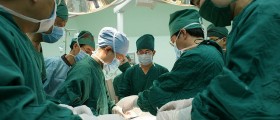
Kidney transplant
Kidney transplantation means substitution of the failed kidneys with a working kidney from another person, a donor. It is not a complete cure, although many people who receive a kidney transplant are able to live much as they did before their kidneys failed. People who receive a transplant must take medicine and be checked by a physician for the rest of their lives. Some of them may need more than one transplantation.
If a person doesn’t have a living related donor for his first kidney transplant and if he requires a second kidney transplant, he will need dialysis until a successive transplant can be achieved.
Dialysis is primarily used to provide an artificial replacement for lost kidney function in people with renal failure. Dialysis may be used for those with an acute disturbance in kidney function or for those with progressive but chronically worsening kidney function. There are several types of dialysis, such as peritoneal dialysis or hemodialysis, etc. One’s doctor will determine which one needs to be used depending on the case in hand.
Complications
It is not uncommon that people who have kidney transplants develop some kind of complications. It is, therefore, important that they be regularly examined by a physician.
High blood pressureSome may develop this problem, but it is treatable with prescribed medication.
AnemiaA decrease in normal number of red blood cells or less than the normal quantity of hemoglobin in the blood. Because hemoglobin normally carries oxygen from the lungs to the tissues, anemia leads to the lack of oxygen in organs. All human cells depend on oxygen for survival; varying degrees of anemia can have a wide range of clinical consequences.
Children with chronic renal failure have been known to develop anemia. However, it can be treated with human recombinant erythropoietin.
Renal osteodystrophyHappens often to patients with chronic renal failure. It can lead to bone deformity or abnormal shapes or sizes of some bones. Doctors can prescribe a diet which excludes phosphorus and one will need to take supplementation of calcium. Also, one may need to take bone disease medicine.
Some of the medication that a patient needs to take after his transplant may have side-effects.
For instance, some immunosuppressant medicine, such as Cyclosporine has been known to cause kidney damage. Meclophenalate increases one’s receptiveness of infections. Corticosteroids causes cataracts, weight gain or softening of the bones.
Immunosuppressant medicine, which needs to be taken for the rest of one’s life, can cause a number of complications, the major ones being a hardening of the arteries, sometimes cancer, or kidney rejection.

















Your thoughts on this
Loading...